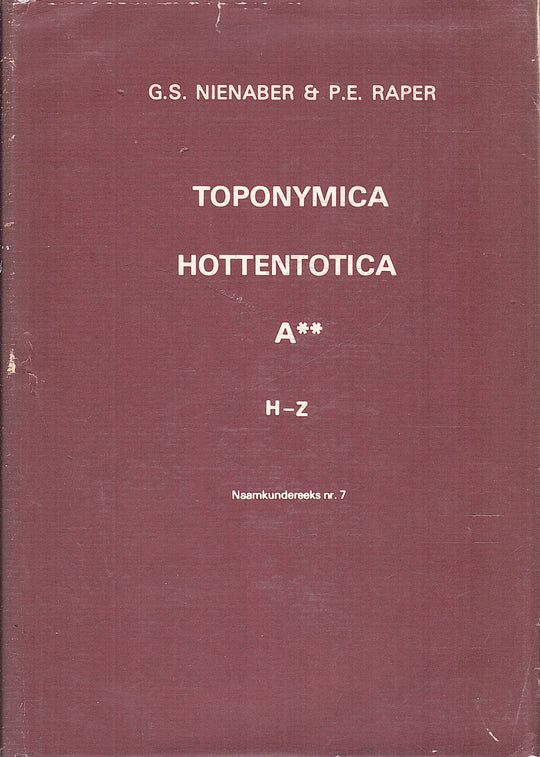Tsumis
We believe Dr Vedder again uneven. He explains the name as it looks the most likely to him and then 'embroidery' he is a story. Dr Mossop and Peter Animal Great's about the same: the water disappears underground, or: the well falls. Nama still has the words Tom = 'Schlucken, Verschlucken, Show', next to stupid = '(in ETW. Weiches) Einsinken', and even a variant TSO = 'Einsinken (in Nasse Erde ZB)' (Kr.- R. 1969 NW 360, 56 and 383 resp.) OR Tsum = 'Einfalls, Rutschen' (Krenz). Dom, tom- Include immediately in sound and meaning at the first component of Som-Mers of Van Reenen and Tsum - from later; The -s is to appreciate as a locative at the substantiant Tsumi, the 'place (-s) where the water sinks (stupid / Tom / Tso-M) in the soft ground'. About the change T (D) and S View Hott 182 and 5 b 2. A fulcrum is the translation that gives Reenen, as early as 1791, viz. Of 'Sakrivier'. This is in first place Tsumis, farm No. 147 and the adjacent Tsumis-OST No 207, both Right south of Rehoboth, and also Tsumis at Petrusdal No. 422, all dist. rehoboth, and then the eponymous river.




